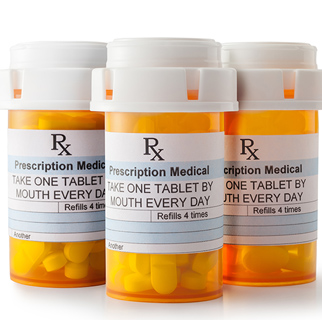Updated on April 24, 2024 at 3:18 p.m.
More Drug Take Back Day Activities Announced
The Prevention Empowerment Partnership (PEP), will host a National Drug Take Back Day event in partnership with the Huntington Police Department, Cabell County Sheriff’s Department and Marshall University School of Pharmacy from 10 a.m.- 2 p.m., Saturday, April 27, at various area locations.
Drop-off locations for April’s Take Back Day include:
- Drug Emporium, 3 E Mall Road, Barboursville
- Cabell County EMS Station, 1133 20th St., Huntington
- Cabell County EMS Station, 1766 Washington Ave., Huntington
- Huntington Police Department, 675 10th St. Huntington.
Also, the Attorney General’s Office is coordinating with Capitol Police and the state Department of Homeland Security at a Take Back location from 10 a.m. to 2 p.m. Saturday at the State Capitol Complex Safe Zone adjacent to the Culture Center at the Greenbrier/Washington Street entrance.
Additionally on Saturday, the Attorney General’s Office will assist the Kanawha County Sheriff’s Office at 1078 Main St. in Elkview, the Vienna Fire Department at 609 28th St. in Vienna and the Berkeley County Sheriff’s Office at 510 S. Raleigh St. in Martinsburg.
On Friday, April 26, the Attorney General’s Office will assist the Logan County Sheriff’s Office from 1-2 p.m. at the Man Community Park at the former Man Junior High School lot.
Original Story
The Charleston Police Department is partnering with the Drug Enforcement Administration to participate in National Drug Take Back Day on Saturday, April 27.
According to a press release, this is a chance for the public to turn in unused or expired prescription medication in a safe and responsible manner.
Medications can be turned in beginning at 10 a.m. and concluding at 2 p.m. at six Charleston locations:
- Walgreens: 655 Washington Street West Charleston, WV 25302
- Drug Emporium:1603 Kanawha Blvd. West Charleston, WV 25302
- WV Drug Intervention Institute:118 Capital Street Charleston, WV 25301
- Piggly Wiggly: 5003 MacCorkle Ave SE, Charleston, WV 25304
- Fruth Pharmacy: 864 Oakwood Road Charleston, WV 25314
- Krogers Ashton Place:1100 Fledderjohn Road Charleston, WV 25304
